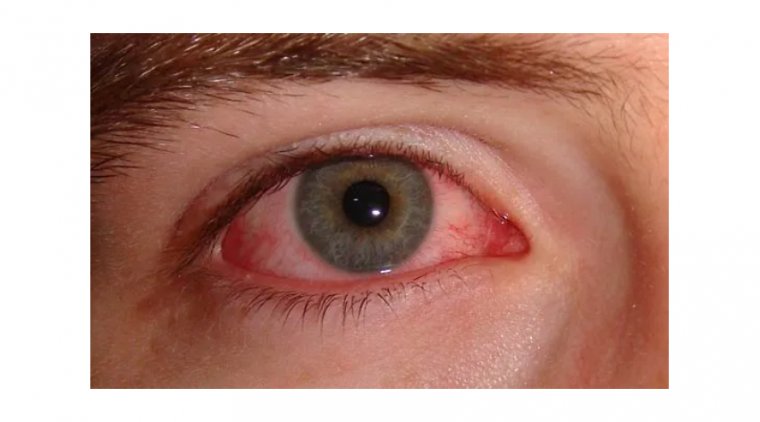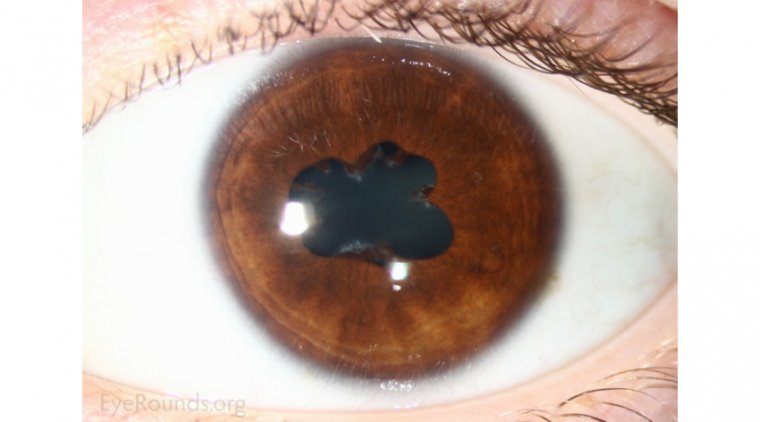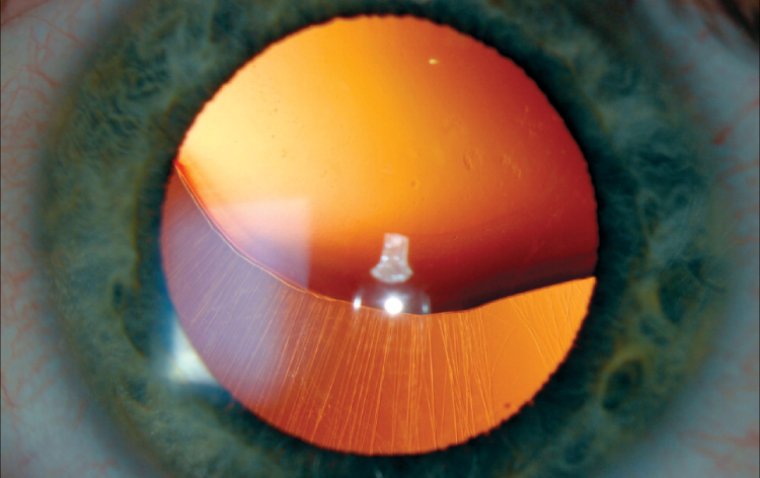
5 Simple Ways to Prevent Vernal Conjunctivitis
Vernal conjunctivitis, also known as spring allergy eye, is a type of allergic conjunctivitis that occurs seasonally, typically in the springtime. It is a common eye condition that affects both children and adults and is caused by an allergic reaction to environmental allergens such as pollen, mold, and dust.
When an individual with vernal conjunctivitis is exposed to an allergen, their immune system mistakenly recognizes the allergen as a harmful substance and releases histamine and other chemicals into the body as a defense mechanism. This can cause inflammation and the symptoms of vernal conjunctivitis.
Symptoms of vernal conjunctivitis can vary in severity, but may include:
● Redness and swelling of the conjunctiva (the transparent membrane that lines the inside of the eyelid and covers the white part of the eye)
● Itching of the eyes
● Tearing
● A feeling of grittiness or sand in the eye
● Blurred vision
● Sensitivity to light
Some people may experience only mild symptoms, while others may have more severe symptoms that affect their daily activities. It is important to see a doctor if symptoms persist or are severe, as untreated vernal conjunctivitis can lead to scarring of the conjunctiva and potentially vision loss. Proper treatment can help control the symptoms and prevent complications.
Treatment Options for Vernal Conjunctivitis
Prescription eye drops: A doctor may prescribe stronger eye drops, such as corticosteroids, to reduce inflammation in more severe cases of vernal conjunctivitis.
Allergen immunotherapy: This treatment involves administering gradually increasing doses of the allergen to help build immunity and reduce the allergic reaction. It may be administered as shots or drops under the tongue.
Lifestyle changes: To help reduce exposure to allergens, an individual with vernal conjunctivitis may be advised to keep windows closed during high pollen seasons, wear protective eyewear when outdoors, and avoid known allergens.
How to Prevent Vernal Conjunctivitis
● Avoid known allergens: This may include staying indoors on days with high pollen counts, using air purifiers in the home, and avoiding outdoor activities during times of high allergen levels.
● Wear protective eyewear: Wearing sunglasses or other protective eyewear can help reduce the amount of allergens that come into contact with the eyes.
● Keep windows closed: Closing windows during high pollen seasons can help reduce the amount of allergens that enter the home.
● Use allergy-proof bedding: Using allergy-proof bedding, such as pillow and mattress covers, can help reduce the amount of allergens that come into contact with the skin and eyes while sleeping.
● Follow a treatment plan: If an individual has been diagnosed with vernal conjunctivitis, it is important to follow the treatment plan recommended by a doctor, including taking prescribed medications and using any prescribed eye drops as directed.
(1).jpg)










